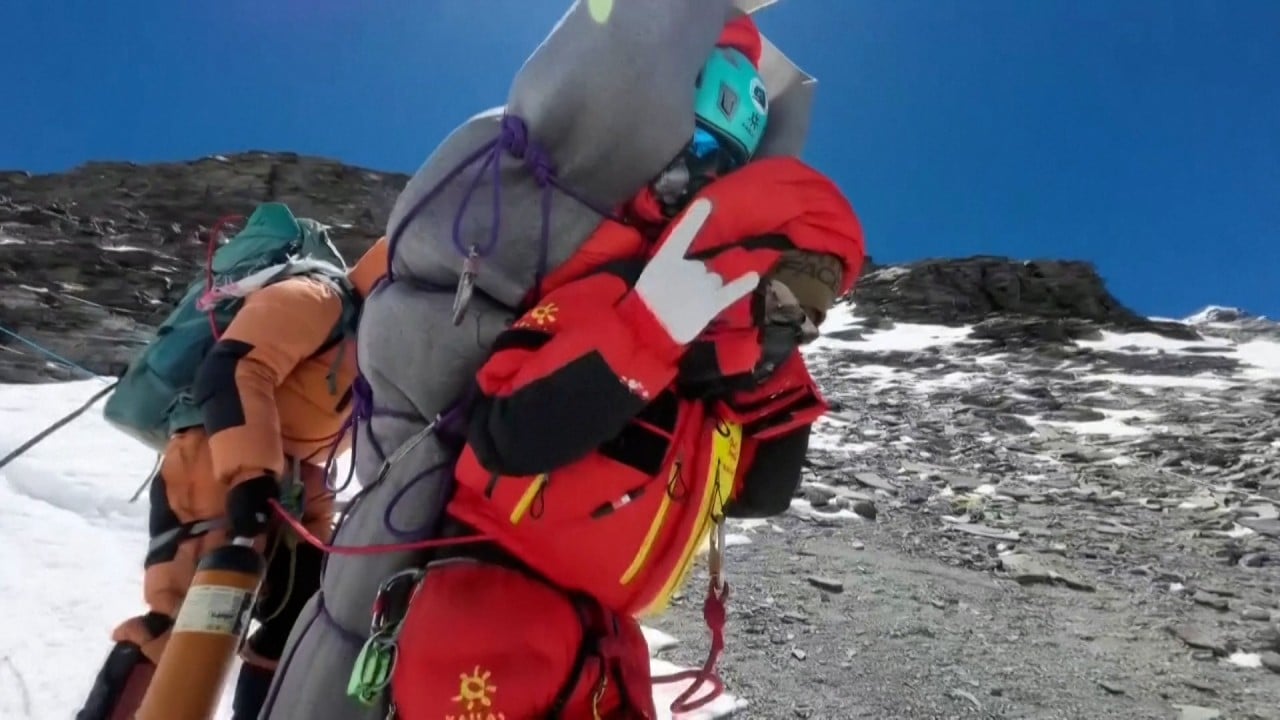
Singapore hiker dies from altitude sickness on Africa’s highest peak Mount Kilimanjaro
- Darrel Phee had ‘normal’ vital signs throughout the days leading up to his summit push, said the travel agency with which he booked his Tanzania trip
- But then the 28-year-old’s oxygen levels dropped and his heart rate increased as his condition began to rapidly deteriorate
Adventures Unlimited, a travel agency based in the city state, said in a Facebook post early on Saturday that it had “received the sad news of a tragedy which had happened during the Kilimanjaro trek”, which was expected to run from August 3 to Friday.
“One of our team members, Mr Darrel Phee, lost his life during the expedition,” the company said. He was 28 years old, a friend told 8World News.
In the Facebook post, Adventures Unlimited said Phee’s vital signs were “normal throughout the days of the hike”.

“However, on the morning of the summit hike, his oxygen levels dropped and his heart rate increased,” it said – a result of altitude sickness.
It was then decided that Phee would not scale the mountain and he returned to the campsite with a guide – as per safety protocols – where he was closely monitored, according to Adventures Unlimited.
“Unfortunately due to the onset of altitude sickness and its serious health complications, his condition deteriorated and he passed away.”
Phee died of asphyxia and high-altitude pulmonary oedema (HAPE), the travel agency said.
Malaysian climber slammed for not thanking Sherpa who rescued him from Everest
HAPE is a condition that occurs when fluid enters the lungs, inhibiting the effective exchange of oxygen to the blood. A 2012 journal published in the United States National Library of Medicine states that HAPE is “the most common cause of death related to high altitude”.
In response to queries, Singapore’s Ministry of Foreign Affairs said in a Sunday statement that it “has been extending consular assistance and support to the family of the deceased”, adding that it “extends its deepest condolences to the family”.
Fatal accidents on Mount Kilimanjaro are very rare, with a probability of less than 1 per cent, the Facebook post by Adventures Unlimited said.
But the travel agency added that high altitude, extreme weather, the physical condition of the climber and the physical challenges presented could be contributory causes of death.
Adventures Unlimited said it “remains committed to transparency and accountability to our participants”.
“We hope that you can support us in this difficult time, understanding the spirit of adventure that drives us, as hikers, despite its inherent uncertainties.”


